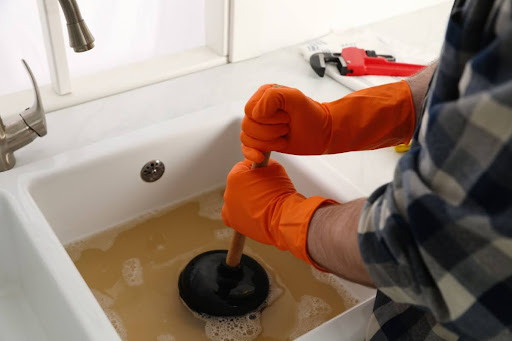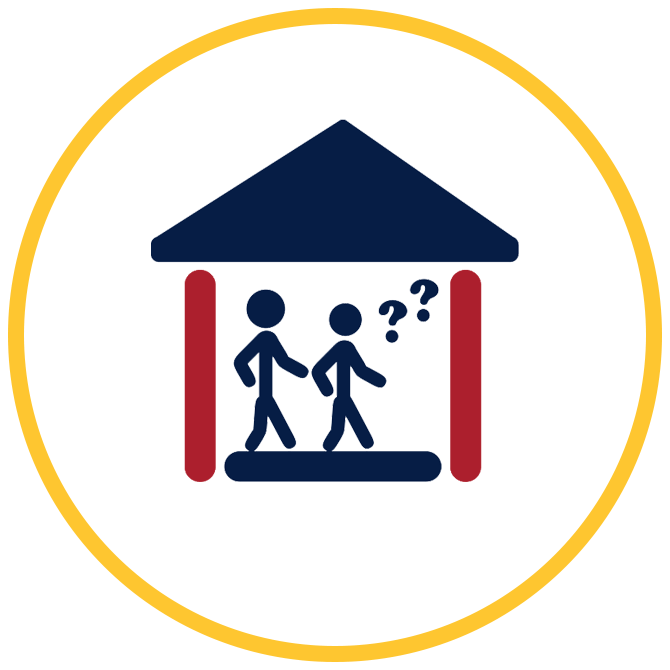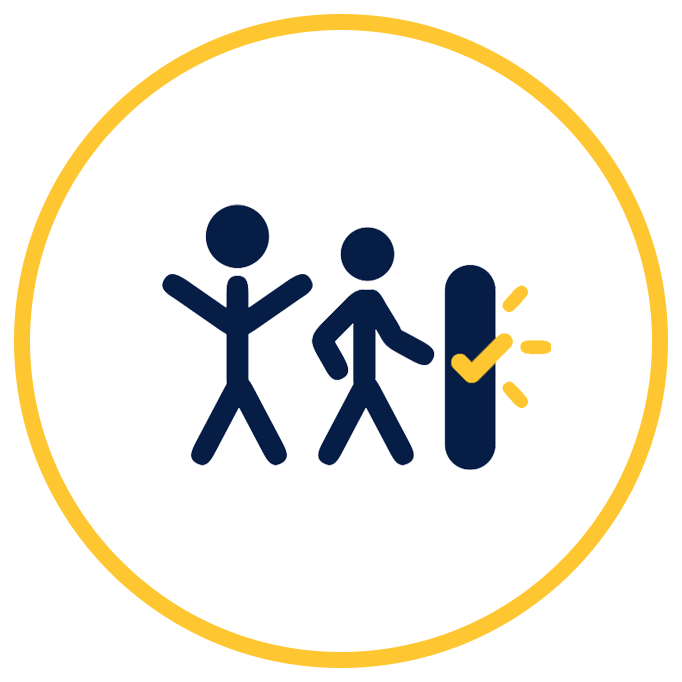Sewer line problems can be tricky to spot since they often develop gradually and aren't always obvious. If you suspect something could be wrong with your sewer pipes, it's time to put on your detective hat and start looking for clues. In this blog, we'll review the most common signs of a broken sewer line, what causes these issues, and what you can do about them.
Common Signs of a Broken Sewer Line
The truth is, most of us don't give much thought to our sewer lines until something goes wrong. Sewer line issues can fly under the radar for a long time, slowly causing damage and inconvenience. But with a bit of know-how, you can catch these problems at an early stage and save yourself a great deal of trouble. Let’s dive into how to tell if your sewer line is broken.
Slow Drains
One of the earliest and most common signs of a broken sewer line is slow drains. If all the drains in your home are sluggish, it might not be just a minor clog. Slow drainage in multiple fixtures isn’t always just a coincidence; it can indicate a bigger problem in your main sewer line. Don't ignore this warning sign.
Sewer Odor
A foul sewer odor in or around your home is a clear sign that something is wrong with your sewer line. The smell of sewer gas should never be present inside your house. If you notice this unpleasant odor, it’s likely that there’s a crack or break somewhere in the sewer pipe, allowing gas to escape.
Sewage Backup Issues
Sewage backups are a more severe and unpleasant indication of a damaged sewer line. If you’re experiencing frequent backups in your sinks, toilets, or bathtubs, it’s a strong indicator that there’s an issue with your sewer system. This is particularly true if the backups are occurring in multiple fixtures simultaneously.
Mold Growth
Excess moisture from a cracked sewer line can lead to mold growth in your home. If you notice unexplained mold patches, especially on walls or floors, it could be a sign that sewer water is leaking into your home. Mold thrives in damp environments, so hidden leaks can create the perfect conditions for mold to flourish.
Foundation Cracks and Settling
A cracked sewer pipe can cause significant damage to your home’s foundation. If you notice new cracks in your foundation or walls or if parts of your home are settling unevenly, it could be due to a leaking or collapsed sewer line undermining the ground beneath your home.
Rodent and Insect Infestations
Rodents and insects are often attracted to broken sewer lines. If you suddenly have a problem with pests, it might be because they have easy access to your home through cracks in the sewer pipes. These pests can enter through even the smallest cracks, so it's vital that you address any suspected sewer line issues as soon as possible.
Lush Patches of Grass
An unusually green and lush patch of grass in your yard can be one of the most unexpected signs of a broken sewer line. If part of your lawn is thriving more than the rest, it could be due to a leak in the sewer line underground. The nutrients from the sewage can act as a fertilizer, causing the grass above the leak to grow more vigorously.
Soggy Spots in the Yard
Similarly, soggy or damp spots in your yard, especially if they don’t dry out, can indicate a leaking sewer line. This can happen even without rainfall. If you notice these soggy areas, it’s worth investigating further to see if a broken sewer pipe is to blame.
Strange Sounds
Gurgling noises from your drains can be a sign of a sewer line problem. These sounds typically occur when air is trapped in the pipes due to a blockage or break in the line. If you hear unusual noises when using your plumbing fixtures, it might be time to call a professional.
What Causes Sewer Line Damage?
Diagnosing sewer line problems isn't always easy. Ultimately, numerous factors can contribute to a sewer line breaking.
Tree Roots
Tree roots are a common cause of sewer line damage. Roots naturally seek out water sources and can infiltrate even small cracks in sewer pipes. Once inside, they can grow larger, causing blockages and breaks. If you have large trees near your sewer lines, this is a likely cause of any damage.
Shifting Soil and Ground Movement
Natural ground movement, such as settling or shifting soil, can put pressure on sewer lines and cause them to crack or break. This is especially common in areas with clay soil, which expands and contracts with moisture changes, or in regions prone to earthquakes.
Corrosion and Wear
Over time, sewer pipes can corrode and weaken, especially if they are made from older materials like cast iron or clay. This wear and tear can lead to cracks, leaks, and, eventually, breaks in the sewer line.
Poor Installation
Improper installation of sewer lines can lead to problems down the road. If the pipes were not laid correctly or if the materials used were substandard, it increases the risk of future damage and the need for sewer line repair.
Heavy Traffic Above Ground
Heavy traffic or construction above your sewer lines can also cause damage. The weight and vibration from vehicles or machinery can lead to crushed or collapsed pipes, resulting in a broken sewer line.
What to Do If You Suspect a Broken Sewer Line
If you suspect a problem, the first step is to schedule a sewer line inspection. Professional plumbers, like those at G.F. Bowman, can perform a video inspection to pinpoint the exact location and cause of the issue.
Once the problem is identified, you'll need to schedule sewer line repair. Depending on the severity of the damage, this could involve patching a small crack, replacing a section of pipe, or even a complete sewer line replacement.
Preventive Measures
Although it's important to know how to tell if your sewer line is broken, taking the right steps to avoid future sewer line issues is just as critical. Consider these preventive measures:
- Regular Inspections: Schedule regular sewer line inspections to catch problems early.
- Tree Root Management: Keep trees with aggressive root systems away from sewer lines.
- Proper Disposal: Avoid flushing items that can cause clogs, like wipes, sanitary products, and grease.
Act Now to Avoid Bigger Sewer Line Problems!
Sewer line problems might start small, but they can quickly escalate into major issues if left unchecked. Now that you know how to tell if your sewer line is broken, don't wait to take the necessary action. Scheduling an inspection and repair can save you time, money, and a lot of hassle down the road.
If you’re experiencing any of these issues, it’s time to call G.F. Bowman to schedule a sewer line inspection near Harrisburg or Lebanon, PA. Our experts can quickly diagnose and fix your sewer line problems, restoring your home’s plumbing system to proper working order. Contact our PA plumbers today to schedule your appointment!




 1..
1..
 2..
2..
 3..
3..
 4..
4..
 5..
5..
 6..
6..